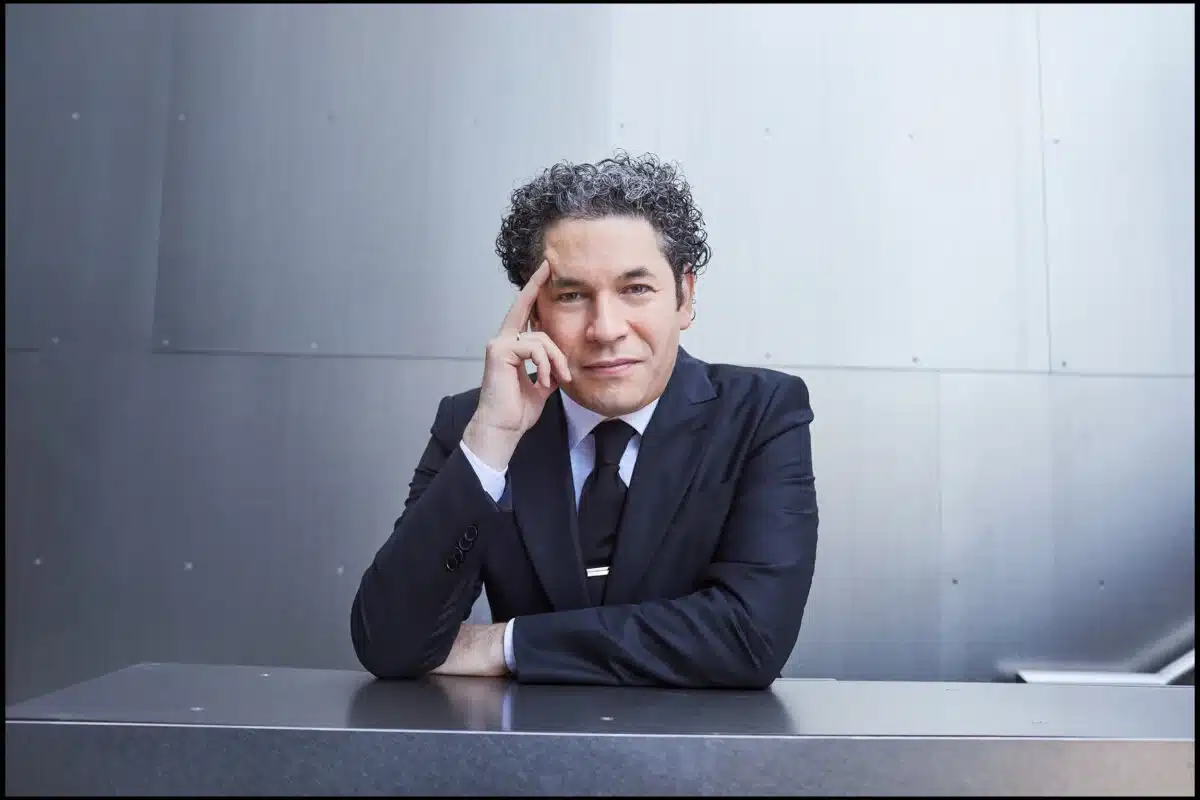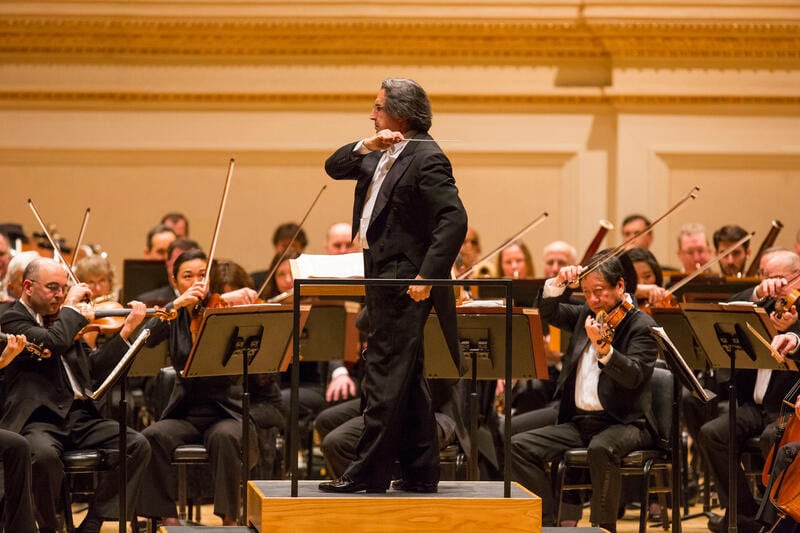Arts Council England slashes Arts Hubs
NewsThe enemy of the arts has struck again:
Arts Council England (ACE) has confirmed that the number of Music Hubs in England will be reduced from 116 to 43 from September 2024.
It follows a final round of consultation with the new set up being published by ACE showing a number of geographical changes.
The Department for Education has stated that its reasoning for the reduction is to secure better strategic collaboration across larger areas that will improve the quality, breadth, and consistency of music education.
It is also hoped that the new set up will see Hubs able to attract high quality leaders and board members as well as identifying new ways of generating income.
It is also hoped that the new structure will offer broader support, collaboration, learning and career development for the music education workforce, more opportunities for research, innovation and exploration and enhance the understanding of the quality and impact of music education on the lives of children and young people.
More here.






Any size of organisation can apply for grants and awards, albeit most of these will be local in scope: no bad thing to foster and develop a local community that is musical. Larger organisations can apply for the larger awards and maybe develop a larger remit. There is no need for a cut to the number of hubs in order to produce a larger organsiation to obtain more money as figures for the hubs as a whole can be consolidated and applications can be made of behalf of all or some of the hubs as the conditions of the grants dictate. The main thing is to get children into music and give them experiences above and beyond their knowledge and assumptions. The need for music for its additional benefits of concentration, self-reliance, collaboration and the ability to have fun through hard work has been proven over and over. The RSC is running educational programmes in schools where engagement, attainment and opportunities are low to great effect. Engagement rates have increased and skill sets also. Like pure science, we have no idea where discoveries within the humanities and arts will lead individuals – but to not allow them the facility to experience these opportunities makes us all poorer as a community. As a trainee teacher I had to teach a music lesson. As well as the set of “educational instruments” provided I took my flute in. As I removed the flute from the case, it was the oohs and aahs that got me as the whole class had never seen a flute before and they thought it pretty. Then when I explained about the high and low sounds it could make and showed how those sounds could become tunes they were fascinated. Then I spoke about an orchestra and compared it to a football team where all the players had their own talents but had to play together to win. I then explained that the Star Wars film music was played by an orchestra. Then I was stuck as we had no budget to go to an orchestral concert or have musicians come to us, despite being in a location that had an orchestral residency. On asking the head if we could look at options to attend a music concert, I was told the children were too poor to attend and they would never achieve anything. Education is more than tick boxes and children deserve better. I appreciate words such as “innovate” or “lateral thinking” don’t sit well in government agencies, and that writing pitches and applying for funds are not in their remit – but all the schemes that have worked have been a little bit “out of the box” to start with and have all met with success. Not every child can be a professional musician, but every child can be an informed member of an audience. You never know but Maths, English, History, Social Skills and concentration may just improve also.
Moving the pieces on the board will keep people nicely occupied for a year or so but some of the primary issues that occurred when Hubs were set up may only increase and worsen.
As a previous Deputy Head of Service for a former Music Service where over 45 staff were made redundant and Teachers’ Pay and and Conditions were thrown out I have continued to watch the results with interest.
The first thing that happened in my area was the disappearance of individual and group tuition as all subsidies were removed and schools were expected to pass on charges of over £42 an hour directly to parents. Not a lot of inclusion potential there!
Whole class tuition failed to deliver the results heavily flagged up when Wider Opps were first rolled out in the 90s. In my area now, the Hub sees the teaching of regular orchestral instruments as elitist and so only recorder, samba and ukulele are done in this way.
The County Youth Orchestra went from one playing full orchestral repertoire to a ‘body’ of less than 20 players as I write. In the first phase this group had performed Britten’s War Requiem prior to the cuts and was reduced to playing David Stone arrangements within 10 months.
In the 2 nearby Hubs there are presently no trained musicians within the leadership groups and no full-time musicians are on contract.
Strange how this has all been swept under the carpet and I hardly think my region is alone.
Here we go again! Following on from ACE’s other recent reductions in support for the very things that it was set up to support and compounded by the reduction in availability of music education in state schools (which can only serve to exacerbate the dangerous misperception that “classical music” is “élitist”), we have this latest piece, shot through as it is with of wearisomely predictable and meaningless clichés of corporate-management-speak, of which “strategic collaboration”, “quality, breadth, and consistency”, “high quality leaders and board members”, “broader support, collaboration, learning and career development for the music education workforce” and “opportunities for research, innovation and exploration” are perhaps the most egregious. What an ironically unfortunate acronym ACE has become!
Could it be that the global economy is going into recession or even depression and the public subsidy for classical music might need to be reduced?
The biggest issue with Hubs is their lack of knowledge around how music works and what might benefit kids rather than the budgets themselves.
They use music as a tool to serve inclusion and diversity which means they see the serious study of an instrument and traditional genres as out of step with their mission.